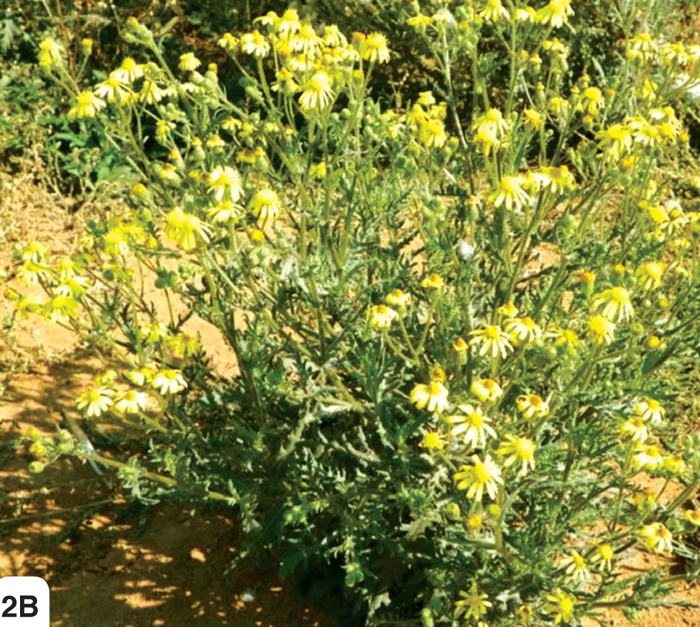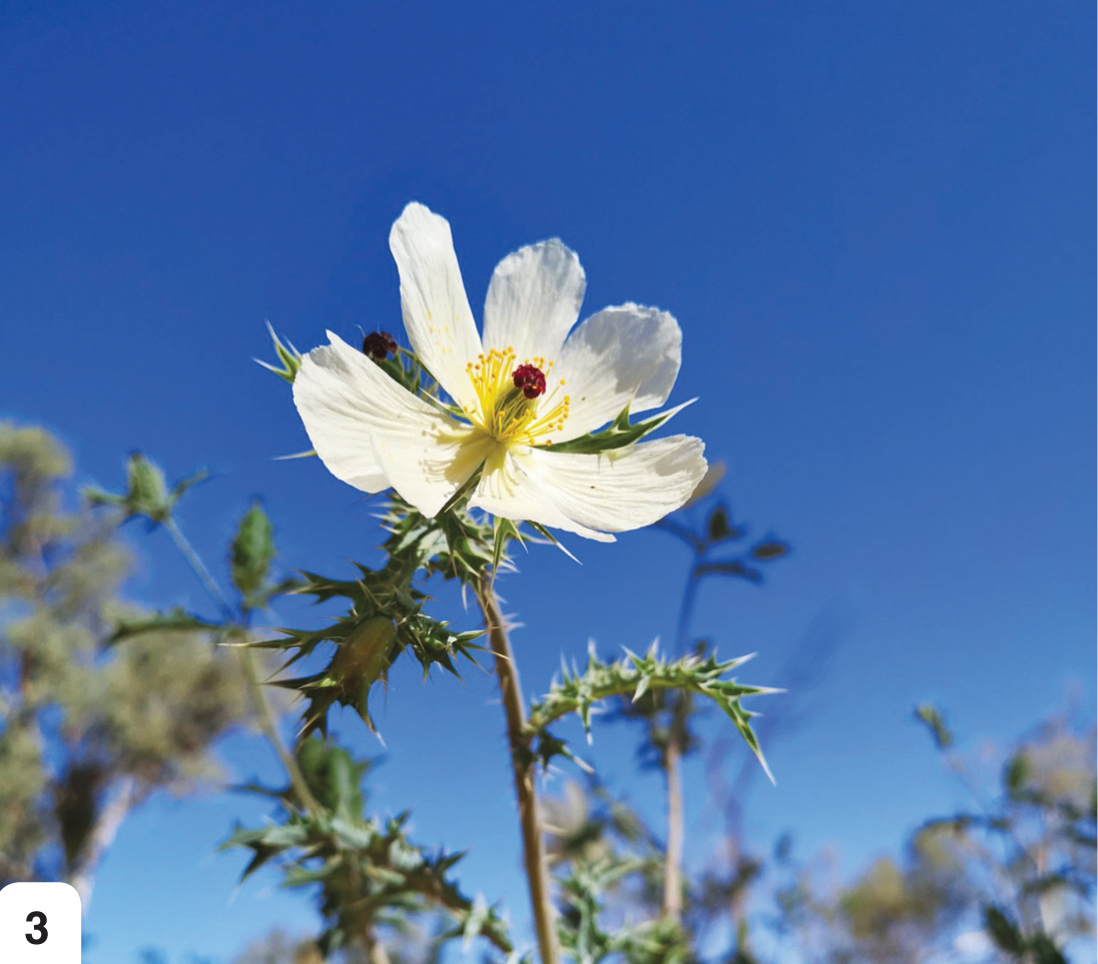June 2023
| PIETMAN BOTHA, INDEPENDENT AGRI- CULTURAL CONSULTANT |
 |
The control of winter weeds is not a luxury but a necessity. In spring, fields must be clean and winter weeds must not be a problem. These weeds are adapted to winter conditions and have the ability to survive and grow in these dry periods. It also has the ability to use water efficiently and grow uncontrollable after the first summer rains.
Unfortunately, many farmers fall in the trap of not controlling winter weeds. They assume that the plough, rippers or animals will control winter weeds, but unfortunately cultivation doesn’t control this problem. The result is fields where the winter weeds are out of control and eventually use a lot of moisture, and the farmer then ends up with fields that are too dry to plant. This leads to yield losses, an increased risk and phone calls from the bank manager.
Farmers must remember to manage the moisture in the soil, as this is one of the most important elements of grain production.
In the winter weeds do not normally grow above the ground but their roots grow rapidly under the ground. With a well-developed root system, winter weeds can utilise the moisture of the first rain and this leads to rapid growth. The growth will utilise the moisture effectively, with the result of fields being too dry to cultivate or plant.
Conyza spp. is a common winter weed that needs to be controlled. It includes the following:

Young Conyza plants.

A flowering fleabane bush.

A seedling of the ragwort plant.

A flowering argemone (Mexican poppy) or white-flowered blue thistle plant

An adult ragwort bush.
Source: http://t1.gstatic.com/licensed-image?q=tbn:ANd9GcT_RRbG1s-nywluQ86FSypGFTJaKGNAc7PpZBbsHK0rO2bfay5C4utn03Gr4dZKmWML_7_eKBn0u3itLdg
HOW TO CONTROL WINTER WEEDS
Normally a shallow tillage or diss action as early as possible as well as herbicide application to younger, smaller plants during late March or early April can do the trick to control winter weeds. It must be stressed that the winter weeds must still be young – for instance, the Conyza spp. must still be in the rosette stage for herbicides to work properly.
In maize fields the application of herbicides can be difficult. Normally an aeroplane or a ‘high boy’ is needed. The problem is that the herbicide is not necessarily registered for this practice, which makes it very difficult to spray winter weeds with great success. The lower temperatures during June, July and August also have a bad influences on herbicides. This means the use of implements is a good option in a conventional production system.
When shallow cultivators are used, farmers must make sure that tines are spaced in such a way that there is enough overlapping to prevent gaps where the winter weeds are not worked out. The faster the fields are cultivated after harvesting, the better winter weeds are controlled.
Using herbicides
If a farmer wants to use herbicides to control sedges in particular, scientific studies mostly support the use of glyphosate in mixtures with other herbicides, with different effects regarding the alternation or rotation of herbicides in the management of resistance development. Label instructions show that 2,4D can be sprayed in combination with glyphosate or atrazine. But be warned about the residual effect of atrazine on subsequent crops.
According to Dr Maryke Craven, senior researcher at the ARC-Grain Crops, Paraquat, a non-selective weed herbicide, can also be used. Ensure that the weeds are fully wetted with at least 300 litres of water per hectare. The use of glyphosate will also help with the control of ragwort (radiatorbossie) and Mexican poppy (white-flowered blue thistle). Just make sure that you consult your herbicide representative to make the best decision for winter weed control.
Crop rotation
Crop rotation can also help a lot with winter weed control. Sunflower and soybeans give the farmer the option to go into the fields earlier. These crops don’t have as much stubble as maize and therefore the control is more effective. The fields can also be used for grazing and the spreading of lime can also be done.
Combatting winter weeds is a necessity that farmers must manage carefully. Discuss it with your herbicide representative in advance, so that a plan can be made to find the best options to control weed. Take all the planned cultivation actions into consideration to find the best solution.
If you decide to do it chemically, make sure that the sprayer is calibrated correctly. Follow the recommendations on the label carefully and ensure that enough water is applied. The golden rule is to spray winter weeds when they are young. Don’t wait too long, because it is very difficult to control when the weeds are mature.
Publication: June 2023
Section: Pula/Imvula